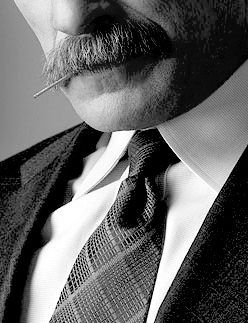Judge calls for global court
 A judge from the US is touring the world to drum up support for an international corruption court.
A judge from the US is touring the world to drum up support for an international corruption court.
While Australia’s politicians continue to deny the necessity of a federal corruption court, US district court senior judge Mark Wolf says dodgy behaviour should be managed on a global scale.
He has been presenting his campaign to form an international anti-corruption court in Australia.
“I hope Australia's role will be to be a leader in establishing the court,” Judge Wolf told reporters ahead of the event.
“Columbia has become the first country to endorse the idea of the court … but Canada and Australia have always seemed to me to be leading candidates.
“They have been very good in the human rights arena and this is comparable in some respects to human rights issues.”
He says he makes that comparison because of the incredible scale of some corrupt activities.
“It's coming to be defined by myself and others as corruption committed by a nation's leaders, sometimes called ‘kleptocrats’, where they use their office for personal gain,” Judge Wolf said.
“So grand corruption is essentially defined by the office held by the person who commits the crime.”
Judge Wolf says countries including Angola, Turkey and Russia show worrying signs of grand scale corruption.
He said there was often a link with terrorism, either direct support or obstruction that allows it to flourish.
The judge says that not only does bribery cost the world economy trillions of dollars, corrupt regimes also abuse human rights.
“There's almost a complete correlation between the countries that have the most corrupt leadership and those that are most abusive of their citizens' human rights,” he said.
“They [the leadership] control the police, the prosecutors and the courts and they won't permit the honest and effective prosecution and punishment of their friends, their families and themselves.”
Judge Wolf conceded if such an international court was created, compliance would be a major issue.
“I think as these courts exist longer, a culture that you can't disobey a court order and that states do have to apprehend and turn people over will develop,” he said.
“It's important to try and show people that the outside world is watching.”
He admitted that official support was very slim, including in his home country.
“The United States would not support the court I'm proposing now … because the United States is retreating from its role internationally and there's an emphasis on national sovereignty,” he said.
“A conservative thinktank said they agree with my reasoning, but not the idea of the court. That's an indication of what I'm talking about.”







 Print
Print